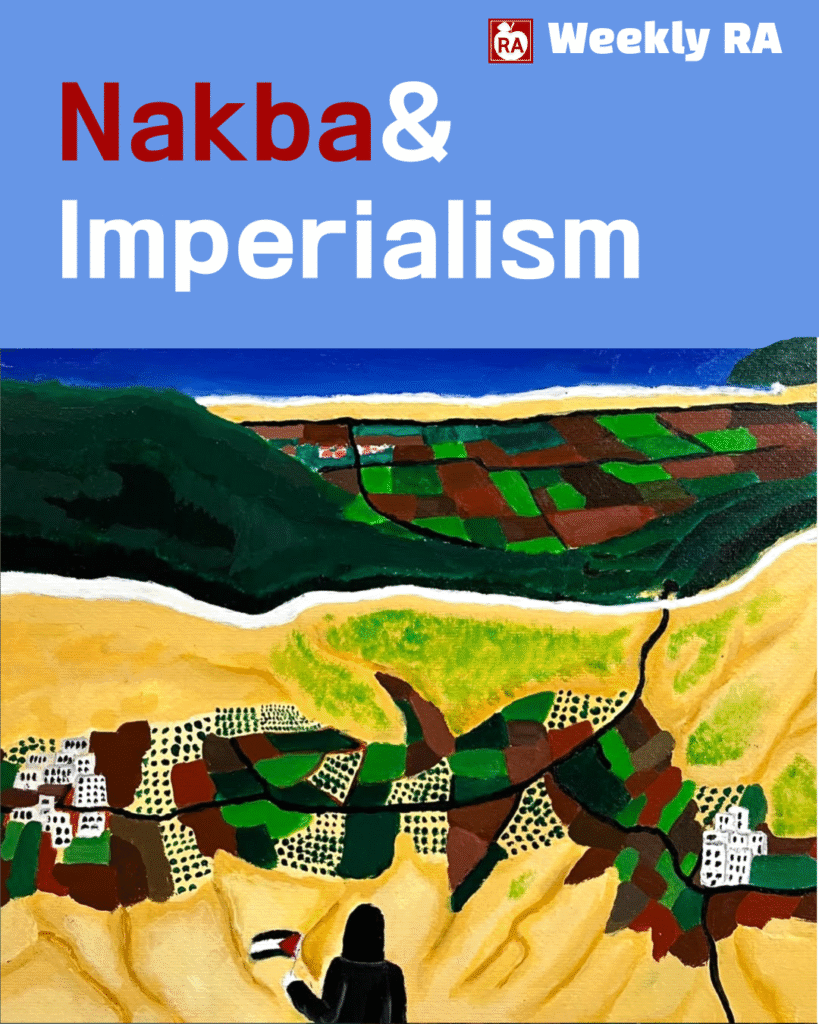What is Nakba?
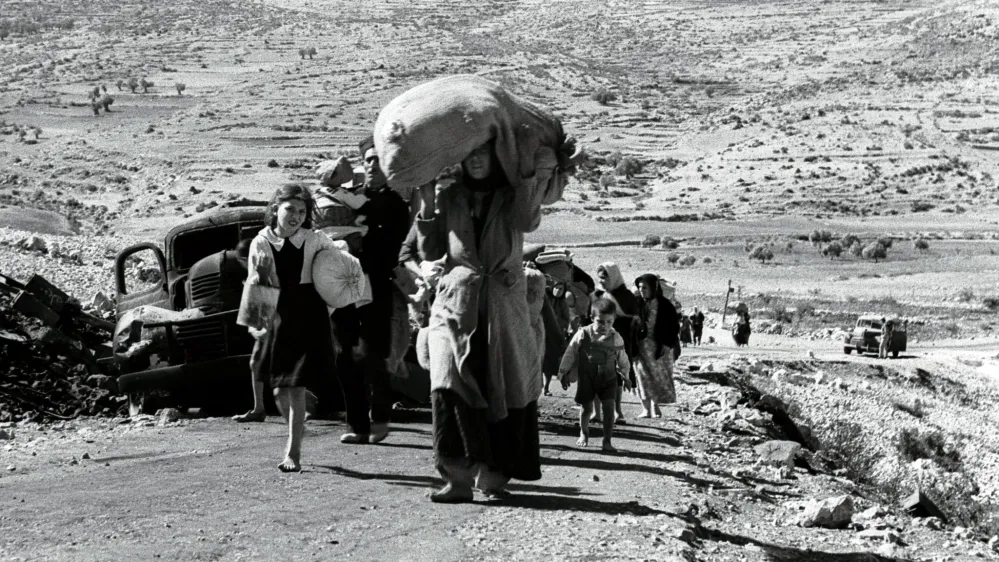
Nakba is a term that describes the ethnic cleansing of Palestinians through violent displacement, the seizure of their land and property, and the suppression of their socio-cultural and political rights. The word means “catastrophe” in Arabic.
On May 14, 1948, Israeli Prime Minister David Ben-Gurion declared the establishment of the State of Israel. This day is celebrated by many Israelis as the nation’s founding day. However, for Palestinians, the next day May 15 marks Nakba Day, a time of mourning and remembrance for the violent expulsion and cultural suppression they endured. The contrast between celebration and mourning, occurring just one day apart, symbolically reflects the deep and ongoing conflict between Israelis and Palestinians.
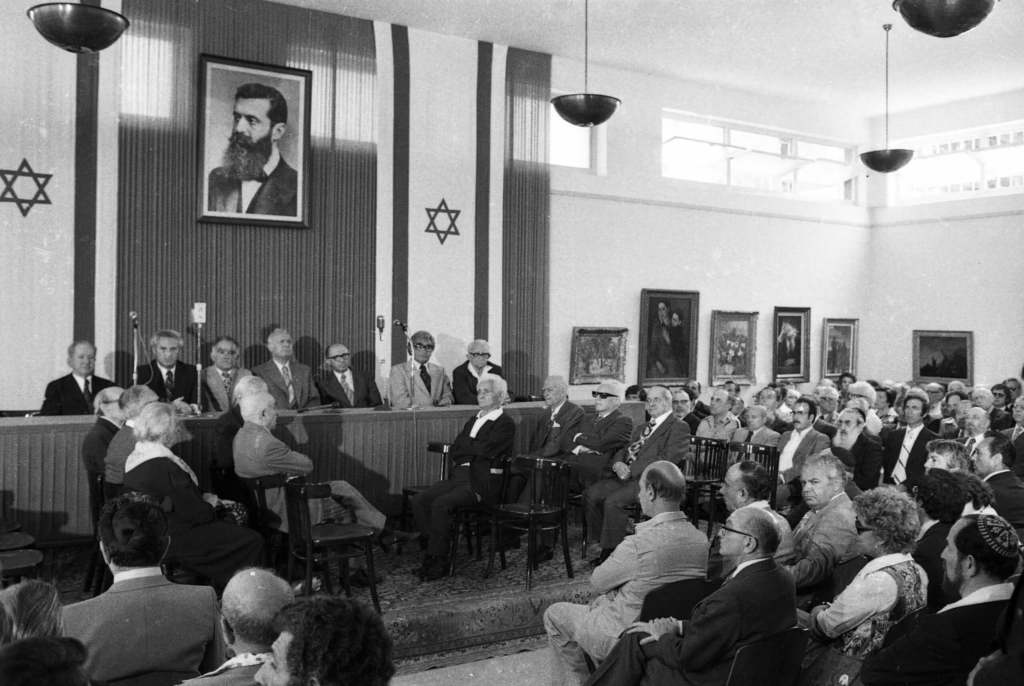
The founding of the Israeli state coincided with the forced displacement of approximately 700,000 Palestinians—roughly 70% of the Palestinian population at the time. These individuals became refugees, driven from their homes by the Israeli military and Jewish militias, who destroyed Palestinian villages and erected barbed-wire fences to prevent their return. In the process, Israel took control of 80% of historical Palestinian territory. The underlying cause of this expulsion was the perception that Palestinians posed a threat to the creation of the new Israeli state.
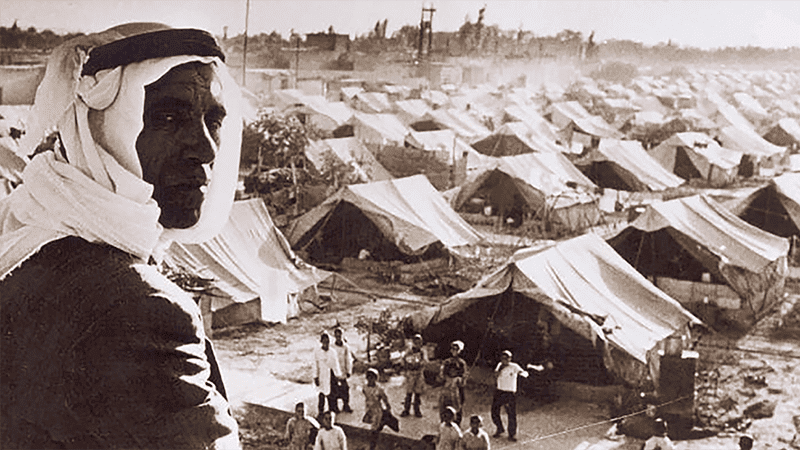
Many displaced Palestinians fled to the West Bank and Gaza Strip or sought refuge in neighboring countries such as Syria, Lebanon, and Jordan. The refugee camps they established were overcrowded and unsanitary. Makeshift tents offered little protection from extreme weather, and conditions were worsened by water shortages, malnutrition, and infestations of harmful insects. Despite these hardships, many Palestinian refugees remained steadfast in their hope of returning to their ancestral homes. The aspiration to reclaim historical Palestinian territory became a cornerstone of Palestinian resistance ideology.
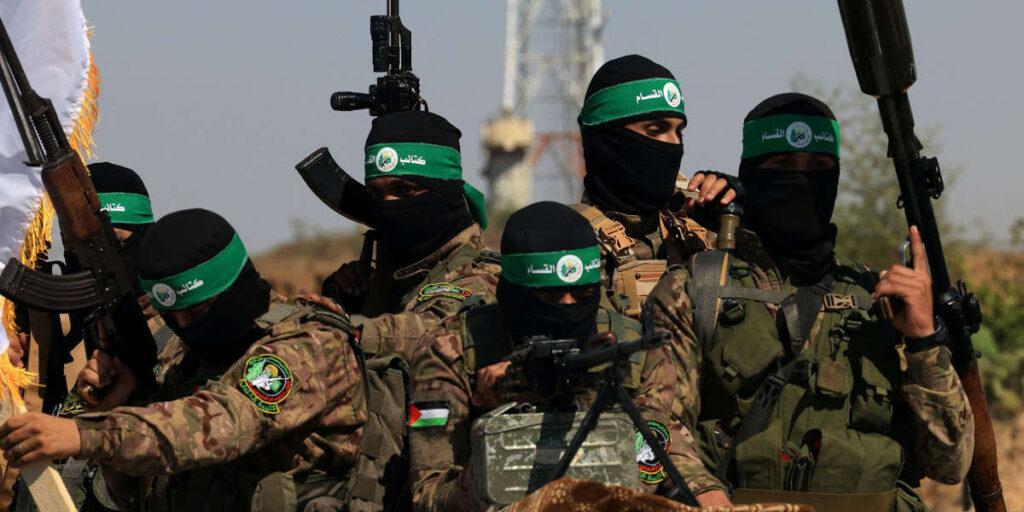
According to demographic data, around 60% of Palestinians today are refugees or descendants of those displaced during the Nakba. This population plays a significant role in Palestinian society and politics. Mahmoud Abbas, President of the Palestinian National Authority, is a refugee. Ahmed Yassin, founder of Hamas, was also a refugee. Prominent political figures from both Hamas and Fatah trace their roots to the refugee experience.
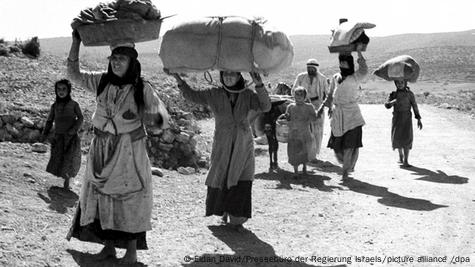
Nakba: The Wounds Left by Imperialism
‘Nakba is not merely a historical tragedy. it is a example of how imperialist conquest can dismantle entire communities and destroy the lives of a majority population. In 1948, Palestinians were forcibly removed from their homeland, a move influenced not only by national ideology but also by economic interests. By the 1950s, Israel needed to control Palestinian territories to access water resources. When simple control proved inadequate, expulsion became a strategic measure to ensure unimpeded resource use. In this sense, the Nakba was not just a nationalist project—it was also a capitalist one.
The Many ‘Nakbas’ and Massacres Caused by Imperialism
Ethnic cleansing on a global scale is not unique to Palestine. Since the 18th century, imperialist powers have committed mass killings and forced deportations. In the late 19th century, American settlers massacred millions of Native Americans, while European colonizers slaughtered ethnic groups in Africa and fortified the colonial system. Nazi Germany later intensified ethnic cleansing by murdering 6 million Jews and 10 million members of other marginalized groups, while simultaneously building settlements under the national policy of securing “Lebensraum”—living space for the Germanic people. This policy was closely tied to resource extraction in Eastern Europe. Even after World War II, ethnic cleansing has persisted. In the late 1940s, Jewish militias deported hundreds of thousands of Palestinians, aided by support from both the United States and the Soviet Union.
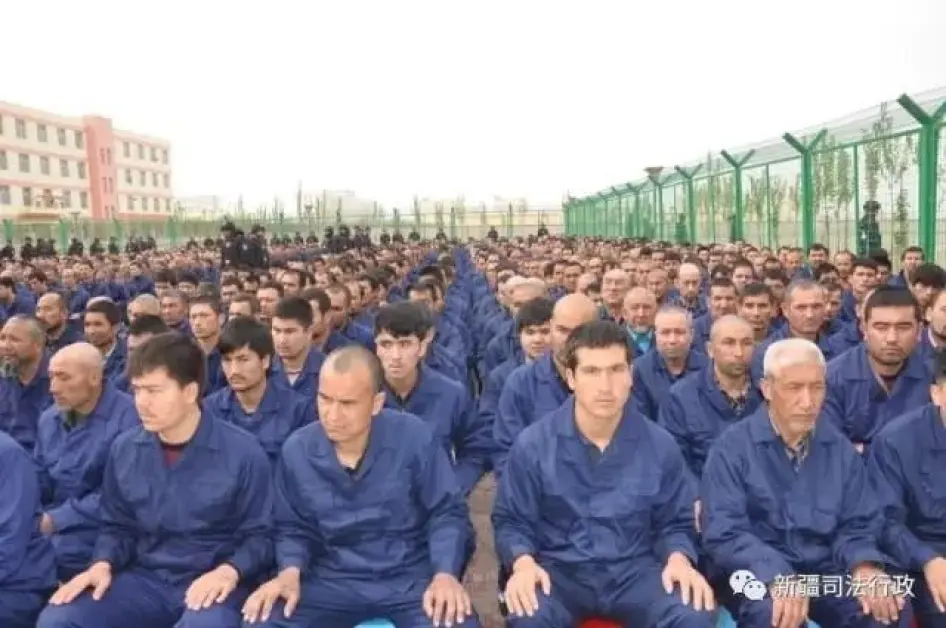
In recent years, these crimes have continued under different guises and with increased sophistication, often ignored by the international community. In Western Sahara, Morocco expelled thousands of Sahrawis to secure control over phosphate resources. In 2021, Azerbaijan seized Artsakh (Nagorno-Karabakh) and deported many Armenians to gain access to water and mineral wealth. In China, the government has detained Uyghurs in prison camps, aiming to both “Sinicize” the region and facilitate shale gas extraction. In Gaza, the Israeli army continues high-intensity military operations while pursuing a national strategy aimed at the complete removal of Palestinians, part of a broader policy of permanent occupation.
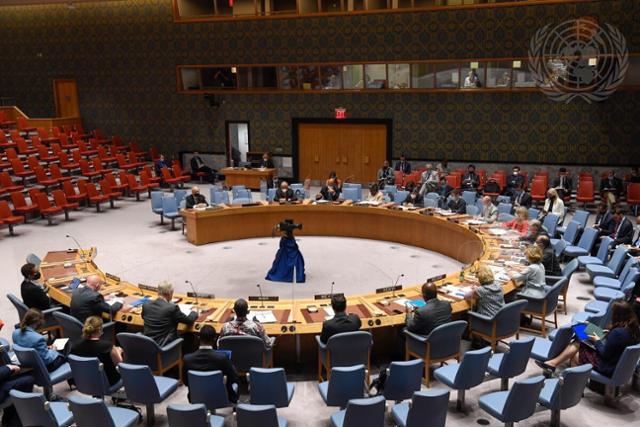
Modern ethnic cleansing is often cloaked in justifications of political necessity or economic growth. The silence or complicity of the international community has only emboldened such actions. Global powers like the United States, China, and Russia perpetuate these atrocities in pursuit of strategic advantage. Commemorating Nakba is not merely an act of solidarity with Palestine—it is a moral imperative to confront and critique the crimes of imperialist powers, past and present. It is a call to remain vigilant against the ongoing ethnic cleansing justified by political rhetoric and economic greed. In remembering the Nakba, we not only honor those who were displaced but also sharpen our awareness of the forces that continue to commit such crimes around the world.

